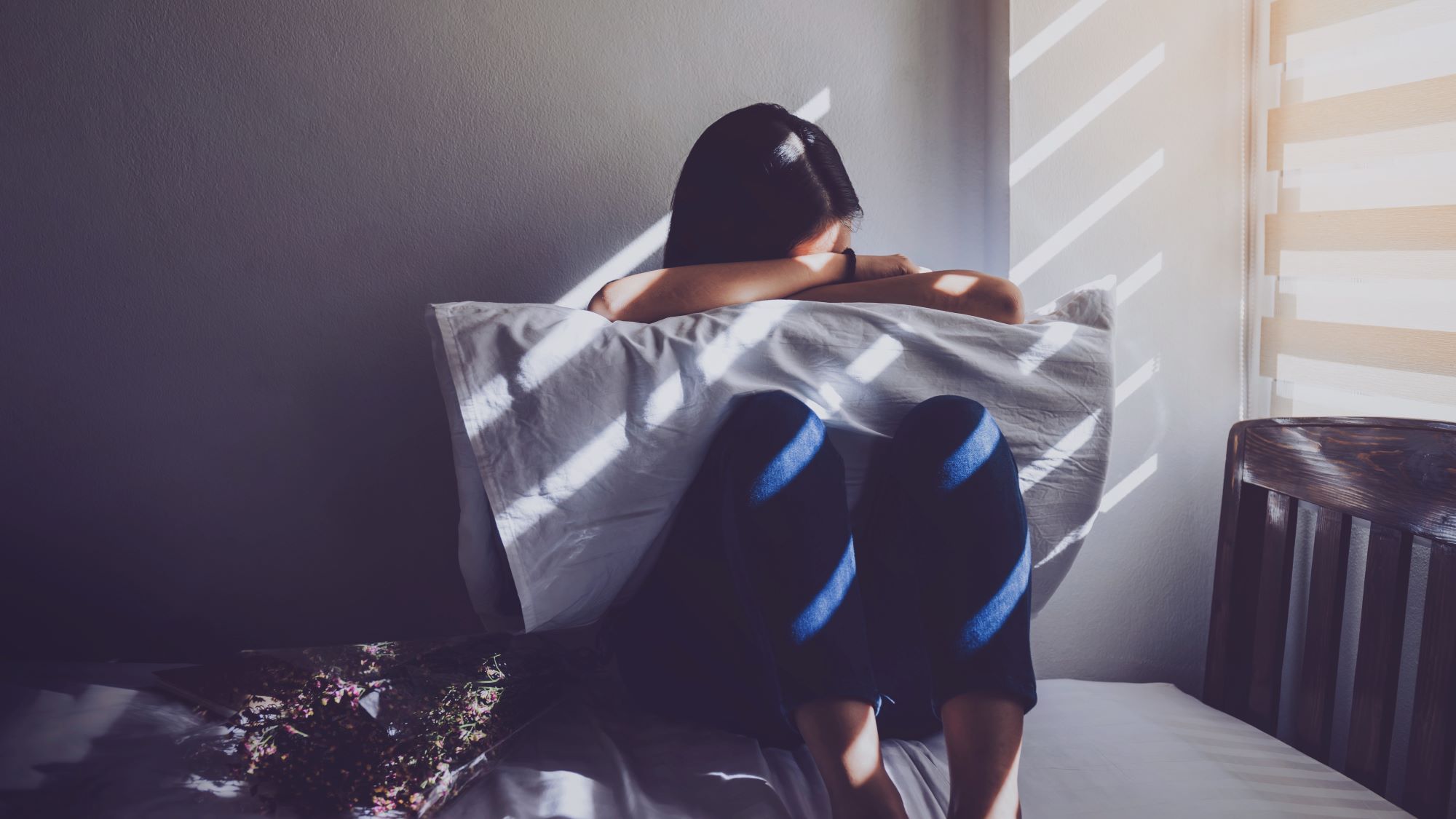- Behavior
- Parenting
How to manage post-pandemic anxiety in children

You May Also Like
-
- Behavior
- Health
- Parenting
Discover calming ways to help your family manage stress
To help reduce tension, start by identifying triggers. If you're worried about your teen's behavior, tap here for local organizations that can help. …
Read More -
- Behavior
- Health
- Parenting
How to help ease your child’s stress in elementary school
Does your kid seem overwhelmed? Start by helping your child identify stressful triggers, such as school situations or homework. Tap here to find out what else you can do. …
Read More -
- Behavior
- Parenting
Video: Ask an expert: Technology and a child's mental health | EveryParentPBC.org
Technology can be both a blessing and a curse for children and adults. It is a tool that helps children connect with resources and friends, but it also can lead to isolation and ex …
Read More -
- Behavior
- Parenting
- Safety
BLOG: Mental Health Support is just a phone call away!
Unsure who to call if you or someone you love is having a mental health crisis? The 211 Palm Beach and Treasure Coast helpline can help. 211 is available 27 hours a day, seven days …
Read More
Related resources
-
- Behavior
- Parenting
Center for Family Services of Palm Beach County
Positive Parenting Program, known as Triple P, offers free seminars and one-on-one guidance to help families improve the parent-child relationship
561-616-1222 Website Email -
- Behavior
- Health
- Parenting
Center for Child Counseling
Mental health services in Palm Beach Gardens for families, specializing in play therapy for children who've experienced trauma
1-800-480-1899 Website Email -
- Behavior
- Parenting
- Safety
Mobile Response Team
The Mobile Response Team is available 24/7. Trained crisis intervention specialists respond the mental health emergencies throughout Palm Beach County. The team assesses a person's condition, determines the type of treatment needed and refers the person and/or family to services.
561-495-0522 Website -
- Behavior
- Health
- Other
Mental Health America of the Palm Beaches
Based in West Palm Beach, local information and services related to mental health, including support groups, referrals and an online screening test.
561-832-3755 Website Email -
- Behavior
- Health
- Other
National Alliance on Mental Illness Palm Beach County
Family-to-Family — free 12-session course for caregivers of family members with severe mental illness
561-588-3477 Website Email
